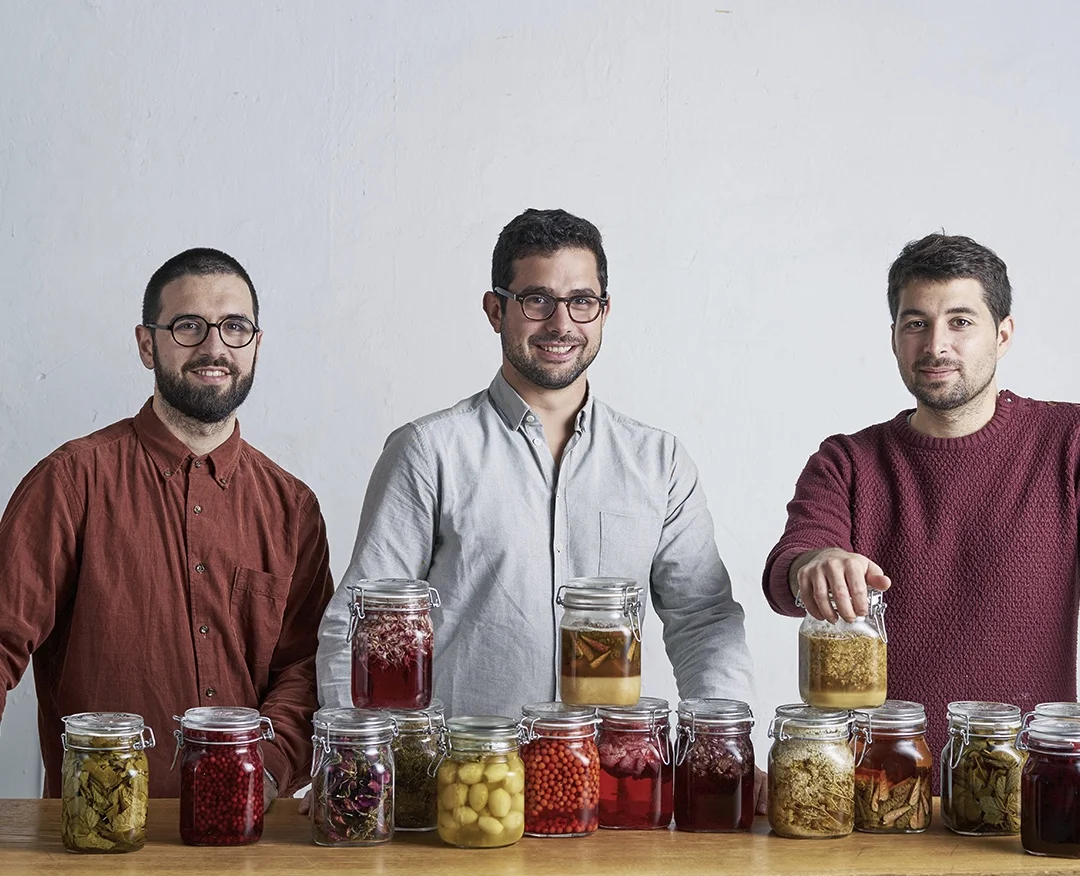New York's temporary Zero Waste Bistro which was constructed from panels made from recycled Tetra Pak cartons.
"It's time to rethink the way we live, the way we eat and the materials we use," said Kaarina Gould, executive director of the Finnish Cultural Institute in New York (FCINY). The Institute was responsible for commissioning the Zero Waste Bistro at the NYCxDesign festival, an annual citywide event which took place this year between 11th and 23rd May, and the four-day pop-up was built entirely from recycled food packaging with a menu created around local and organic ingredients and foods that would typically be discarded. However, this rather novel concept isn’t new, and the temporary Manhattan eatery was based on Helsinki's Restaurant Nolla, which also began life as a pop-up.
Nolla, which means zero in Finnish, officially opened it's doors in Helsinki’s Kruununhaka neighborhood earlier this year, after hosting two successful pop-ups. The first zero-waste restaurant in the Nordic region, it was conceived by chefs Carlos Henriques, Luka Balac and Albert Franch, who each have experience cooking in Michelin star establishments and had seen first hand the amount of waste in the restaurant business. Adopting a philosophy of “Refuse, reduce, reuse, and only as a last resource, recycle”, the three forward-thinking entrepreneurs set about rethinking traditional industry practices.
Restaurant Nolla's Carlos Henriques, Luka Balac and Albert Franch.
Their zero waste approach extends to all areas of the restaurant, from bulk purchasing of kitchen supplies and a digital-only payment system to their own in-house composting machine. “We don’t accept any produce that comes in a single-use package,” explained Luka Balac to Liisa Jokinen in an interview for FCINY. “We use everything from head to tail.” And he went on to explain how they don’t have trash bins in the kitchen and that their composter processes 28 kilos of waste overnight which is then sent back to local farms to maintain a circular system.
Local and organic produce features heavily on the menu, which changes daily, and dishes are creatively put together using techniques that will promote the natural characteristics of the ingredients. “There are no exotic fruits like avocados or citrus fruits. At the moment only our wine comes from abroad,” said Balac. And the menus themselves are written on chalkboards, rather than printed.
One of Restaurant Nolla's sustainably-produced dishes.
Keen to demonstrate to the wider world how tasty, inventive and creative food can work hand in hand with sustainability, the Restaurant Nolla team were honored to accept the FCINY’s invitation to host the Zero Waste Bistro at the NYCxDesign festival. “Sustainability is not just a trend,” said Balac, speaking before the event. “We want to show that ecological can be a viable business model and set an example to other restaurants to strive towards a sustainable future with a circular economy business model.”
Related Reading:
How One Restaurateur Is Transforming Dining
Seaweed: The New Sustainable Superfood?




